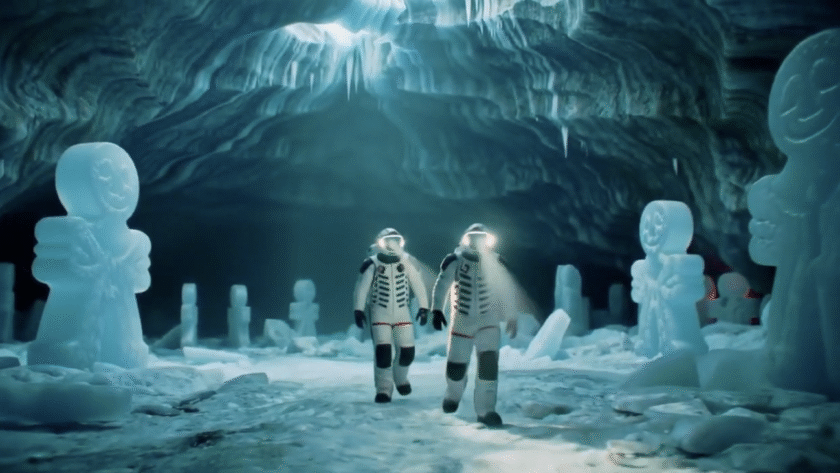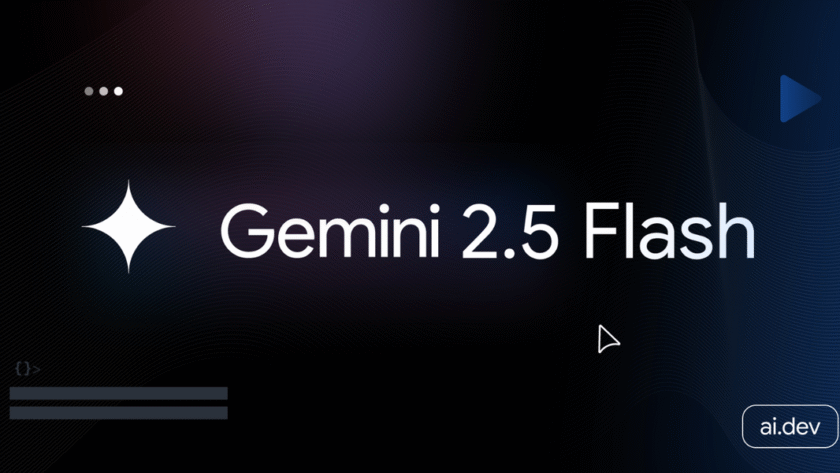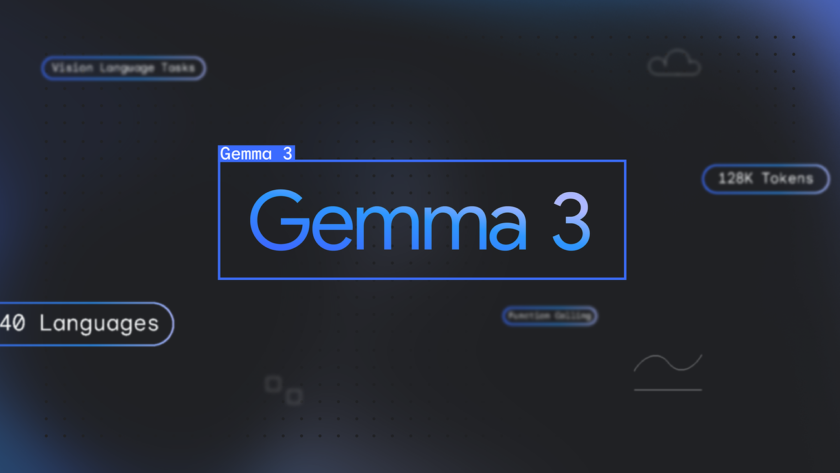Challenges in Localized Captioning for Vision-Language Models
Describing specific regions within images or videos remains a persistent challenge in vision-language modeling. While general-purpose vision-language models (VLMs) perform well at generating global captions, they often fall short in producing detailed, region-specific descriptions. These limitations are amplified in video data, where models must account for temporal…









